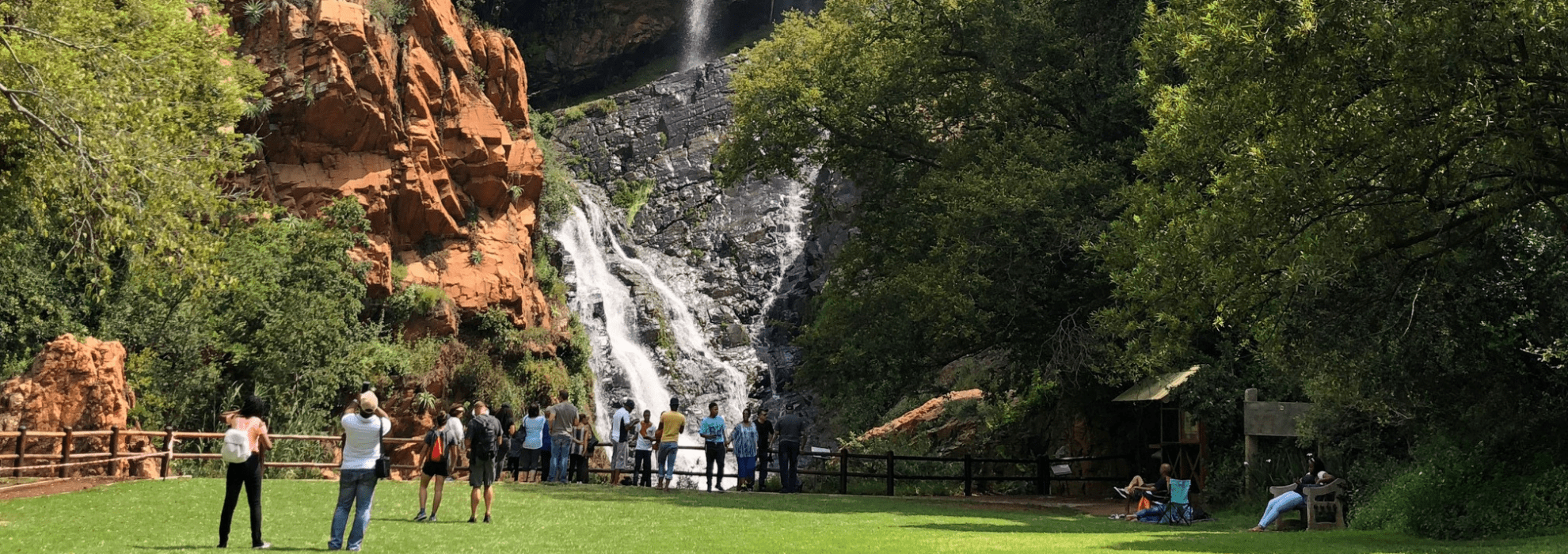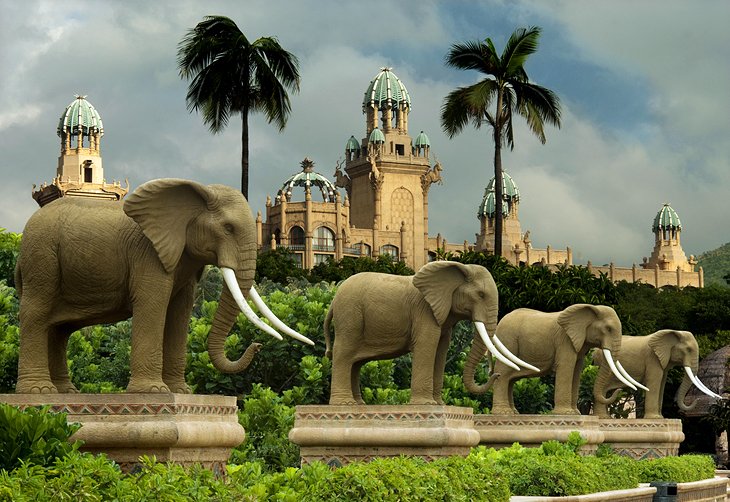Johannesburg North Attractions - Questions
Johannesburg North Attractions - Questions
Blog Article
Johannesburg North Attractions Things To Know Before You Get This
Table of ContentsThe Basic Principles Of Johannesburg North Attractions How Johannesburg North Attractions can Save You Time, Stress, and Money.The 7-Minute Rule for Johannesburg North AttractionsThe Ultimate Guide To Johannesburg North AttractionsThe Single Strategy To Use For Johannesburg North AttractionsThe Single Strategy To Use For Johannesburg North AttractionsUnknown Facts About Johannesburg North Attractions
You should maintain security in mind and visitors should stay sharp at all times when in unknown environments. Talk with the citizens when you are in town to find out regarding the area you are remaining in. Johannesburg North attractions. When on the road (this does not use to mall and other secure atmospheres) ideal general advice is to try your finest to resemble a regional and to prevent presenting any type of type of wide range
Johannesburg North Attractions Things To Know Before You Get This
Teacher Revil Mason O. J. (Thomson, 1946) checked out the Witwatersrand's pre-colonial background. His historical work took off the 'em pty land' misconception, according to which the area was without human habitation prior to the arrival of European settlers. In his publications Prehistory of the Transvaal: A Record of Human Activity (1962) and Origins of Black People of Johannesburg and the Southern Western Central Transvaal AD 3501880 (1986 ), Professor Mason showed the level of social and economic advancement in the area prior to Europeans set foot below.

A Biased View of Johannesburg North Attractions
He showed the government's permission, approved after he had vowed to maintain his explorations key. In 1874, small-scale mining operations were started in the Magaliesberg, where an Australian, Henry Lewis, had actually uncovered gold deposits. In 1878, David Wardrop discovered gold in quartz blood vessels at Zwartkop, north of Krugersdorp. In 1881, Stephanus Minnaar stumbled upon gold on the ranch Kromdraai, near the Cradle of Mankind.
In March 1886, a protrusion (quickly to be called the Key Coral reef) was found, quite fortunately, on Gerhardus Oosthuizen's ranch Langlaagte. Some claim that the Lancastrian coal miner George Pedestrian uncovered this coral reef. One more travelling English miner, George Harrison (that had actually formerly operated in Australian mines) gotten a prospecting licence in respect of Langlaagte in May 1886.
He made a decision to move on in a mission for greener pastures, and disposed of his Langlaagte case for the baronial sum of 10. Alas: underneath lay the wealthiest goldfield ever found. The exploration of this abundant auriferous coral reef prompted a gold thrill that signalled completion of agrarian tranquillity in the southerly Transvaal.
It would certainly, within 6 years, come to be the largest community in southerly Africa. Within a years, it would certainly make the Z. A. R. till after that an anarchical and insolvent little state the most affluent country in Africa. By the turn of the century, the Z. A. R. was to go beyond Russia, Australia and the USA of America to end up being the globe's leading gold manufacturer, generating even more than a quarter of the world's gold.
The Ultimate Guide To Johannesburg North Attractions
It was called Ferreira's Camp, called after Colonel Ignatius Ferreira. He was a Boer adventurer upon whom the British authorities had actually presented the standing of Companion of the A Lot Of Identified Order of St Michael and St George (entitling him to the post-nominal letters C. M. G.) in go now appreciation for his role in the battle that had actually deposed the Pedi king Sekhukhune in 1879.
Soon the page camp was brimming with camping tents and wagons as newcomers showed up daily from far and wide. By September 1886, some 400 people stayed in Ferreira's Camp, which soon boasted prefabricated iron and hardwood structures. Two various other camps were developed: Meyer's Camp on the farm Doornfontein, and Paarl Camp. The latter was nicknamed Afrikander Camp; many individuals from the Cape Colony cleared up there.

How Johannesburg North Attractions can Save You Time, Stress, and Money.
This name got currency by word of mouth, such that the State Secretary affirmed the name to the Mining Commissioner on 9 October 1886. Stands in the town were auctioned on 8 December 1886. While some stands were sold for 10, others were knocked down for just sixpence.
Two years later on, these erven were to alter hands for as much as 750 each. browse around these guys The tented camps diminished as a dorp of corrugated iron structures created and broadened north of the mines located along the Key Coral Reef Roadway. Locations such as Jeppe's Town (where working-class immigrants erected their dwellings) and Doornfontein (where the affluent new 'Randlords' started to create their luxurious homes) were soon included to the ever-expanding map of the community.
More About Johannesburg North Attractions
Apart from the road names, there were no indications of Johannesburg being positioned in a Dutch-speaking country., virtually everyone talked English and also the Government slaves resolved one in English, unless they were first dealt with in the Taal (or Reduced Dutch)'.
Britain had an interest in guaranteeing optimal problems for gold production on the Witwatersrand, and that the gold was exported to London instead than Berlin a critical rendered all the much more clamant by the Z. A. R.'s enhancing toenadering with Germany. Mine proprietors were on a clash with President Kruger, whose policy of monopolistic giving ins (typically given to his cronies) prevented mining business from procuring products of products (specifically dynamite) and work by themselves, less expensive terms
The 2-Minute Rule for Johannesburg North Attractions
In 1890, the Volksraad had restricted the franchise business to white men that had lived in the Z. A. R. for fourteen years or longer, therefore invalidating many of the immigrants (who occurred to be the major contributors to the fiscus). Agitation for the ballot was a simple pretext for promoting a various program; many uitlanders regarded themselves as temporary site visitors and had no intent of continuing to be in the Z.
Report this page